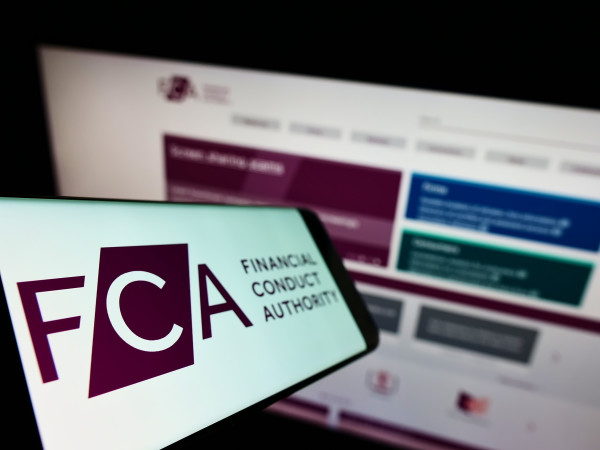

"The regulator is not a price-setting regulator".
That is what former Financial Services Authority senior executive Sheila Nicoll told Financial Adviser many, many years ago, in early 2013, shortly after the then FSA had brought the Retail Distribution Review into effect.
The issue discussed at the time was whether, under the new-look Financial Conduct Authority, the regulator would be looking at how service propositions and product propositions would be priced.
At the time, the theory centered around the suitability of advice and the product recommendation, being able to provide a full audit trail leading to that recommendation, with the belief that the end of commissions on investment products under RDR would remove perverse incentives for recommending products.
In late 2013, Lifesearch's founder Tom Baigrie warned that the incoming FCA may well commence working towards "the ending of all-scale independent distribution by a total commission ban", in which providers go straight to consumers and pricing is set by the providers outright.
At the time, he added that the industry should hope the regulator gets it right by focusing not on the way that intermediaries are paid, but the culture in which they work.
Of course, the incoming FCA said it was not a pricing regulator.
In 2016, former editor Emma Ann Hughes wrote a piece reporting on the acting chief executive of the FCA Tracey McDermott.
At the time, McDermott acknowledged the RDR had made advice too expensive, because it had caused banks to leave the sector, making it harder for the less-affluent to seek advice.
And then in 2019, the FCA published a statement on unfair pricing, in which it said it "will act to protect all consumers affected by price discrimination in the financial services market and not just those deemed to be vulnerable".
As reported, the financial regulator admitted it would be "more likely" to intervene if price discrimination in the industry resulted in harm to vulnerable customers.
But of course, the FCA is not a pricing regulator.
Consumer duty
Fast forward a few more years, and the new consumer duty regulations state there will be an emphasis on pricing and how advice firms seeking authorisation will expect to be able to fund their growth.
The regulations stipulate that while different information will be required depending on a firm’s business model, all would-be firms are now expected to provide a financial forecast that illustrates that products are of fair value.
Moreover, the FCA will use the consumer duty to ensure that "additional costs and charges are price-reflective rather than being used to generate profit".
Although of course, the FCA is still not a price-setting regulator.
But what does determine price?
Is it not the value added, the service levels, the experience and qualifications and expertise of the adviser setting up the practice, rather than what sort of products will be recommended and how much these cost?
And what is wrong with generating a profit?
The FCA is so keen - as per its frequent Covid surveys - to ensure that advice businesses are financially secure and robust. Why shouldn't advice firms bolt on additional services or charges that are there to generate profit, as long as these services do add value.
And how can these always be price-reflective? What one firm charges for a similar service will be different from another - simply because they are different firms, with different staff and experience and expertise.
Will a firm be denied authorisation because it is pricing its services a little more highly than the previous applicant?
Will we start to see a mean reversion in the average advice firm pricing structure as a result of consumer duty - and what will this mean for a company's growth ambitions?
Whenever you get into questions on 'how much' is the 'right much' when it comes to demonstrating 'fair value', both the advice firm and regulator risk phasing into the realm of subjectivity - and that's a worrying place to be.
But don't worry. We don't have a price-setting regulator.




